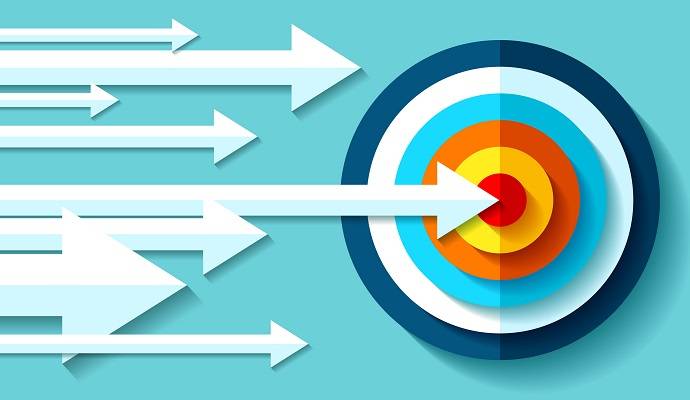The Unavoidable Data Privacy Concern in Predictive Analytics

Volume Target icon in flat style on color background. White Arrow in the center aim. Vector design element for you business projects
We live in an era where data dictates the course of business success. Predictive analytics stands as the shining beacon in this domain, offering unprecedented advantages. Yet, as we embrace these advantages, there’s an elephant in the room we cannot ignore. Let’s uncover the intertwined relationship between predictive analytics and data privacy, ensuring that our quest for insights doesn’t come at the cost of confidentiality.
What is Predictive Analytics and Why Does it Raise Privacy Concerns?
Predictive analytics, at its core, refers to the utilization of data, algorithms, and statistical methods to forecast forthcoming trends and outcomes. Imagine managing marketing budgets more effectively by understanding which marketing strategies yield the highest ROI. Predictive analytics makes such foresight possible.
However, this predictive prowess has a catch. The accuracy of predictions directly correlates with the volume and quality of data it feeds on. And here’s where privacy concerns emerge. As businesses gather more granular data about individuals, there’s an inherent risk that they might infringe upon the privacy rights of those individuals. An innocent endeavour to understand customer preferences could inadvertently become a gateway to sensitive personal information.
The Ethical Tapestry
The bridge between predictive analytics and data privacy is paved with ethical considerations. As organizations harness the advantages of predictive analytics, they must also adopt a responsibility towards data ethics. Transparency plays a pivotal role here; stakeholders need to be aware of what data is collected and how it’s used.
To maintain the delicate balance, businesses should prioritize the following:
- Transparent Data Collection: Clearly inform users about the data being collected and its intended use.
- Secure Data Storage: Implement robust security protocols to protect data from unauthorized access.
- Limit Data Usage: Use the collected data only for the specified purpose and avoid unnecessary data hoarding.
Remember, while the goal might be to streamline operations like managing marketing budgets, it shouldn’t come at the cost of compromising a customer’s data privacy.
What Happens When Data Privacy Is Breached
No organization is immune to the risks associated with data breaches. A lapse in data privacy can have far-reaching consequences.
- Legal Repercussions: With stringent data protection regulations like GDPR and CCPA in place, companies can face severe penalties and lawsuits.
- Financial Setbacks: The cost of managing a data breach, combined with potential fines, can significantly impact an organization’s bottom line.
- Reputational Damage: Perhaps the most intangible yet long-lasting effect of a breach is the damage to a company’s reputation. Trust, once broken, can take years to rebuild.
Conclusion
There’s a myriad of benefits of predictive analytics and it undoubtedly offers a world of possibilities, from transforming business operations to optimizing B2B marketing budgets. However, as we embrace its potential, we must also navigate the intricacies of data privacy with care and responsibility. A proactive and ethically-driven approach can ensure that businesses not only reap the benefits but also foster trust and credibility in the eyes of their stakeholders.











